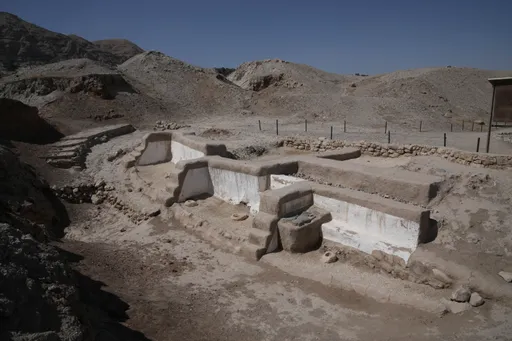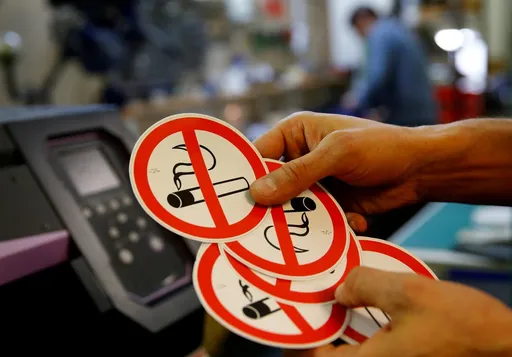Pokemon madness is back. The new social media phenomenon Pokemon Go has attracted millions of users keen to bring back happy childhood memories, as well as people new to the multi-billion dollar franchise.
Nintendo and The Pokemon Company launched, the new smash-hit iPhone and Android game in the US on 7 July, turning living quarters into gaming platforms.
According to data from mobile and web insights company SimilarWeb, Pokemon Go had more downloads in a week than popular dating app Tinder had in five years.
The data also revealed that 60 percent of Android users are playing the game.
Shares in Japanese gaming company Nintendo soared on Monday afternoon, adding $7.5 billion to the company's market value.
People welcomed the hit game with with tweets, Facebook comments and videos.
What is Pokemon Go?
Pokemon Go is inspired by the gameboy game, cartoon programme and low-tech trading card game Pokemon, which was the subject of a craze in the late 1990s.
The game is based around augmented reality, meaning it blends elements of virtual and real life. Its users create an avatar to catch and train the monsters in real world locations which can then take part in battles.
The game uses the smartphone's camera and GPS to provide you with the experience of existing in a world of Pokemon.
All you need to do is to take your phone, walk over to your neighbour's and flick a Poké Ball toward the creatures when you see them on the screen to "catch em' all."
Certain locations offer you bonuses and higher chances of catching the rarest virtual creatures, encouraging you to rush to those areas to compete with other players and get exercise at the same time.
The game caused servers to crash due to the immense demand it generated shortly after releasing in the US.
Unfortunately for Poke-fanatics, the game is currently available only in Australia, New Zealand, and the United States.
The weirdest Pokemon Go stories
Although the game has only been out a few days, it has already been linked to more than its fair-share of bizarre occurrences – some of them surprisingly sinister.
On Friday July 19, an American teenager, Shayla Wiggins, found the dead body of a man as she was walking near the Big Wind River in Wyoming to find a Pokemon character.
In another controversy, police arrested four people in Missouri aged between 16 to 18 on suspicion of being behind 10 to 11 robberies in St. Louis and St. Charles which involved luring players into traps.
An Australian expat, Sonny Truyen who was working as a vice president for digital marketing at the Singaporean-based firm 99.co was fired from his company after he made a social media post, saying "You can't f*****g catch Pokemon in this piece of f*****g s*** country."
Chief executive of 99.co, Darius Cheng, apologised for Mr Truyen's comments following the incident.
Pokemon have even infested the houses of people who don't play the game.
Boon Sheridan – the owner of Victorian-style home – noticed something was up when he saw many people loitering outside.
He realised that the game had turned his home into a Pokemon gym – a place which allows you to train and battle the fictional critters.
It happened because the game uses map data to place gyms in locations such as parks and churches, and Sheridan's house had previously been converted from a church.
The risks of Pokemon-hunting
As the game continues to attract new users, some questions have been raised over unexpected negative side effects.
There have already been many reports of injuries related to the game even though it is yet to be released in most of the world.
The app itself warns users in the loading screen to pay attention to their surroundings while playing the game.
"Pay attention to your surroundings; you never know what beautiful or interesting things you'll see while playing the game," the warning says.
However, physical injuries are not the only worry facing players This is a risky era to be an online gamer, with regular stories of accounts being hacked and privacy being violated by third parts.
According to experts, there is a potential security vulnerability which could affect players using their Google account to subscribe to the game.
Adam Reeve, a principal architect at RedOwl, a cybersecurity startup, complained in a Tumblr post that Niantic Labs – the company which designed the game – doesn't let the users create a direct account and forces them to go to pokemon.com or Google to sign up.

A '"Pidgey'" Pokemon is seen on the screen of the Pokemon Go mobile app, Nintendo's new scavenger hunt game which utilizes geo-positioning, in a photo illustration taken in downtown Toronto, Ontario, Canada July 11, 2016. (TRT World and Agencies)
"Now the Pokemon site is for some reason not accepting new signups right now so if you're not already registered there you'll need to use a Google account - and that's where the fun begins," he said.
"Normally you'd see a little message saying what data the app is going to be able to access - something like 'This app will be able to view your email address and name.'
"For some reason that's not shown in this case, but I went ahead and logged in anyway.
"Then on a whim I went to see which permissions it was granted.To say I was a little stunned is putting it lightly - it said: ‘Pokemon Go has full access to your Google account.'"
Motherboard, an online magazine focusing on technology and science news, reported on Friday that users who open their GPS connection could become easy targets for hackers.
So if you do go searching for Pokemon, take the risks into account.




















